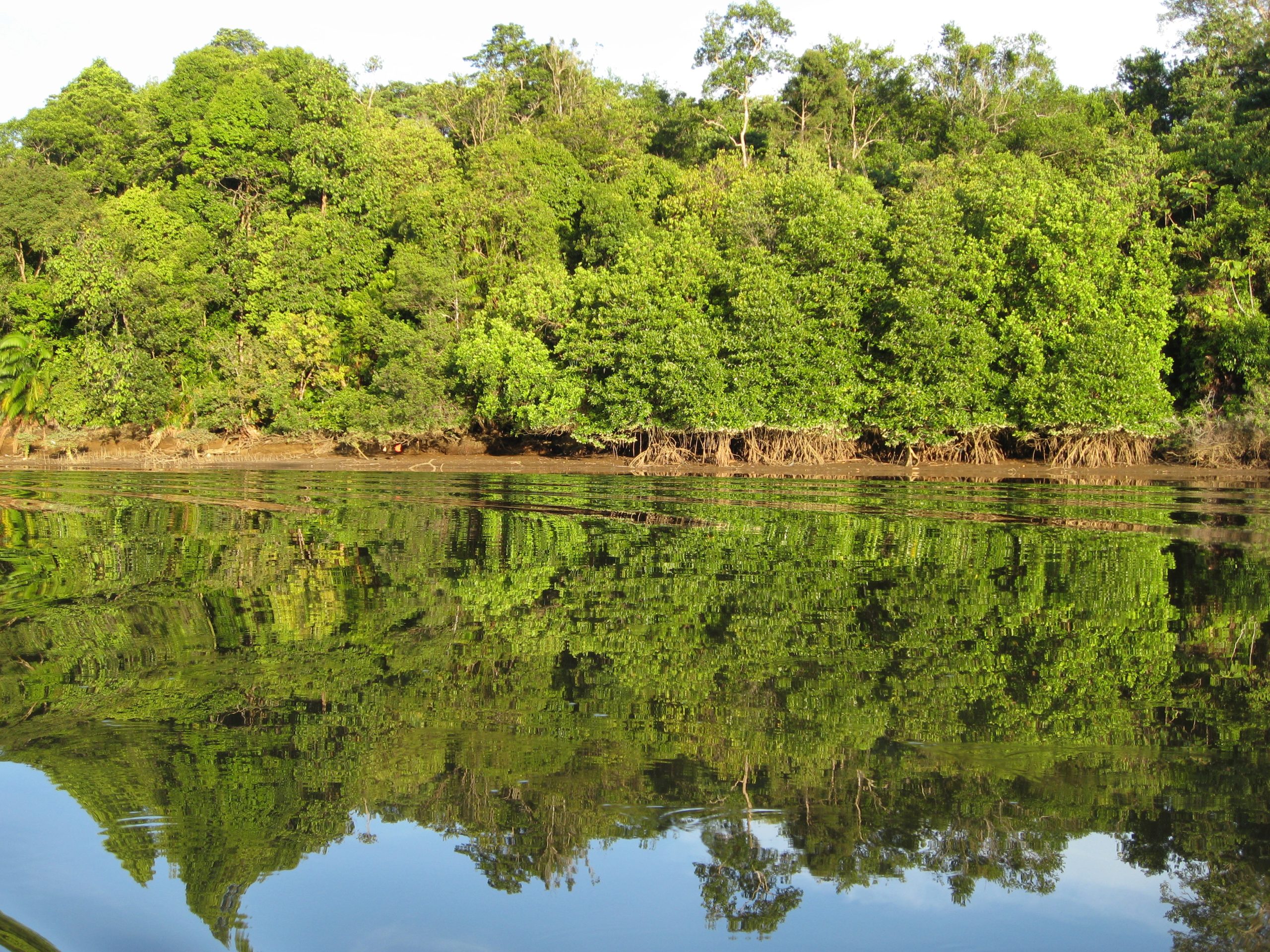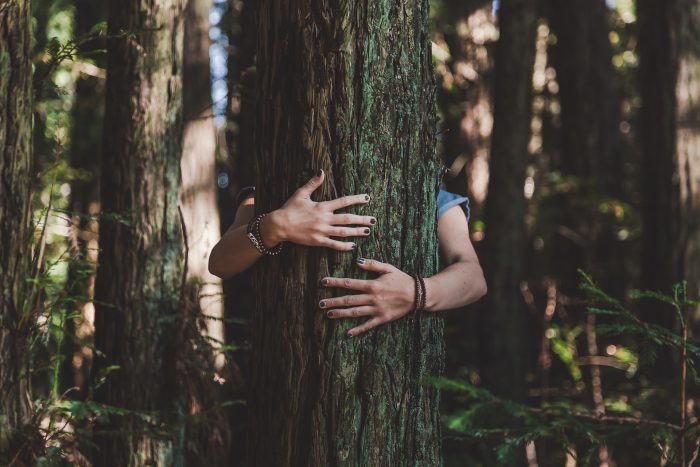A few weeks ago, I realized much to my dismay that the palms along the road next to my home had been cut down.
I could not believe it! Perhaps 10 or 15 tall, beautiful palms were no more.
“Why?” I wondered. “Who could have done something so senseless?” I enquired and a lady working in a restaurant just opposite told me they were cut down because there had been an incident somewhere in nearby Kuala Lumpur where some palms were blown down by a gale and some cars were damaged.
“There are many cars on this road, and the authorities were afraid it might happen here as well.” I could not believe this. They killed these trees “just in case.” Why not cut all trees on this planet then, “just in case?”
I’m really baffled by the lack of sensitivity (and yes, of intelligence) on the part of these authorities. Don’t they realize that trees are among the best creatures living on this planet? They give us everything without asking for anything in return—except for being left alone.
They give us oxygen, shadow, fruits, they protect us from landslides and flooding with their roots…and what do we do? We cut them down. Between 15 to 18 million hectares of forest, an area the size of Belgium, are destroyed every year in the world. On average, 23,000 trees are cut down each minute. Between 1960 and 1990, 20 percent of all tropical rainforests were destroyed. And the onslaught continues. Here, in Malaysia, between 1990 and 2010, as much as 8.6 percent of Malaysia’s total forest cover was destroyed.
There is legislation everywhere protecting human beings, but legislation to protect the natural world is scant, to say the least. In most countries, if you kill an animal, nothing will happen to you; in a few countries, you may have to pay a fine or even serve a short period in prison if you killed a protected species.
And, of course, slaughtering millions of cows or chickens for food is perfectly fine! Exactly the same with trees. In fact, millions of trees are felled every year for agricultural, farming, or construction purposes. Killing for food may be unavoidable at the present moment, even though it could be drastically reduced, but felling trees is in my view inexcusable, at least in our industrialized countries. When wood cannot really be made without, it should be taken only from farmed woodland grown for this purpose.
From this point of view, it seems to me that Eastern spiritual traditions on the whole have cared more for non-human beings, such as animals and trees, than in the West. In Buddhism, Hinduism, and other Dharmic religions, human beings can be reborn as animals, and in Jainism, even as trees!
That might partly explain the greater respect for these living beings that are normally considered “inferior” in the West. I love the fact that the most important moments in the Buddha’s life—his birth in Lumbini, his enlightenment in Bodhgaya, and Parinirvana in Kushinagar—happened under trees: Sal trees (Shorea Robusta) and Bodhi trees (Ficus Religiosa).
The Bodhi tree under which the Buddha obtained enlightenment next to the Mahabodhi temple in Bodhgaya is considered sacred by all Buddhists, and environmentalists in Thailand have even “ordained” trees to prevent them from being felled.
In any case, most religions reiterate that killing is bad, but most people interpret “killing” as referring only to human beings—not animals or plants. In my view, it’s a subjective interpretation. Killing, for me, can and should refer to all living beings, whether they can move or not!
I’ve always loved trees, but my love became deeper when I first encountered the rainforest in Brunei, on the island of Borneo, about 15 years ago. When I first entered the jungle on a pirogue on the Temburong River surrounded by kilometres of high walls of intricate vegetation teeming with life, I was awestruck.

I was in heaven, I felt such a strong connection. I really felt I was a part of a big whole. Thousands of different species of trees of all hues of green, bushes, plants everywhere, and small animals, reptiles, birds, insects…and the sound…the chirrup of cicadas and other insects was at times so strong that I had to shout to let my companions hear me.
And that experience of “forest bathing” was repeated again and again during the three years I spent in that beautiful, little country, and it was invariably an amazing experience. A couple of times spending the night in the jungle next to the river, looking at the stars among the trees above…wow! I will never forget that.
(By the way, I used the expression “forest bathing,” as it is how the Japanese word shinrinyoku is normally translated. According to scientific research, walking in a wood or forest provides several benefits, among which the strengthening of the immune system.)
What is sad is that most people in the world now have not and will never have such experience. So used to concrete and cars and artificial lights and noise, perhaps living far away from pristine green areas, they cannot even imagine that feeling of oneness with nature, with trees, that a primary forest can provide.
This is sad. People with such experience would never cut down a tree!
~


 Share on bsky
Share on bsky





Read 6 comments and reply